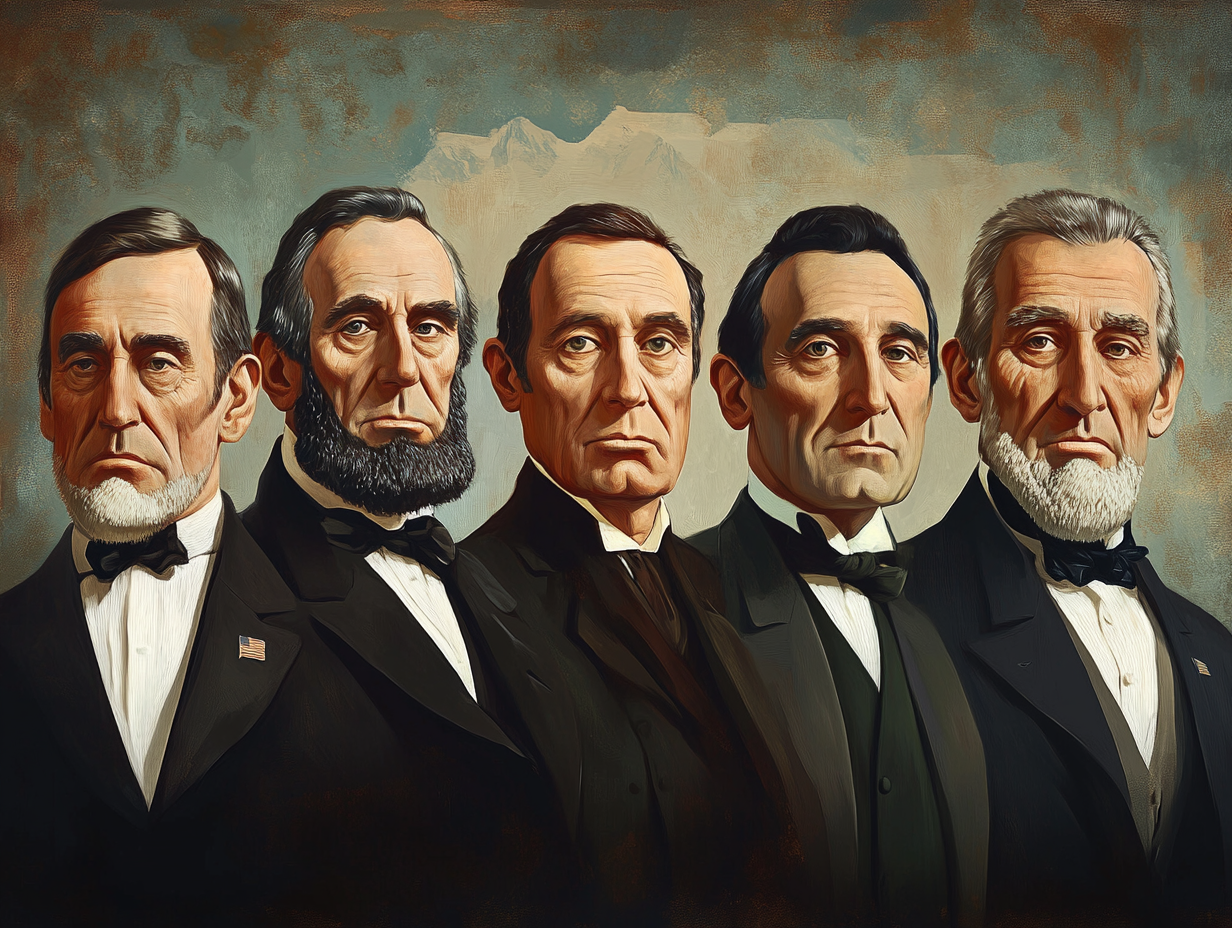Throughout its history, the United States has been shaped by the decisions, leadership, and vision of its presidents. While all 46 have left their mark in some way, a select few stand out for their enduring impact on the nation — politically, socially, and globally. Here are five of the most influential U.S. presidents and why their legacies still resonate today.
1. George Washington (1789–1797)
Why He Matters:
As the first president of the United States, George Washington set the tone for everything that followed. He established the presidency as a powerful, but not monarchic, office and voluntarily stepped down after two terms — a tradition that lasted until the 20th century. His leadership during the formative years of the republic helped unify a fragile collection of states and set a precedent for democratic governance.
Legacy Highlights:
- Refused to become a monarch, reinforcing democratic principles
- Set the standard for presidential term limits
- Warned against political parties and foreign entanglements in his Farewell Address
2. Abraham Lincoln (1861–1865)
Why He Matters:
Lincoln led the nation through its greatest internal crisis: the Civil War. He preserved the Union and redefined American values with the Emancipation Proclamation, beginning the long, difficult road toward civil rights for all Americans. His assassination left a legacy of unfinished work, but his vision of a united and free America continues to inspire.
Legacy Highlights:
- Preserved the Union during the Civil War
- Abolished slavery with the 13th Amendment
- Delivered the Gettysburg Address, redefining American democracy
3. Franklin D. Roosevelt (1933–1945)
Why He Matters:
FDR took office during the Great Depression and led the country through both economic disaster and World War II. His New Deal reshaped the American government’s role in the economy, and his leadership during WWII cemented the U.S. as a global superpower. He remains the only president elected to four terms.
Legacy Highlights:
- Created the New Deal, establishing Social Security and public works programs
- Led the U.S. through WWII, helping to defeat fascism
- Expanded the federal government’s role in American life
4. Theodore Roosevelt (1901–1909)
Why He Matters:
A force of personality and progressivism, Teddy Roosevelt transformed the presidency into a platform for reform. He championed conservation, broke up monopolies, and expanded America’s influence on the world stage with his “speak softly and carry a big stick” diplomacy.
Legacy Highlights:
- Pioneered antitrust legislation
- Created national parks and protected millions of acres of wilderness
- Strengthened the Navy and asserted U.S. presence globally
5. Thomas Jefferson (1801–1809)
Why He Matters:
Jefferson, author of the Declaration of Independence, shaped early American ideals of liberty and limited government. As president, he doubled the size of the country with the Louisiana Purchase and championed a vision of agrarian democracy. His influence on American political thought remains foundational.
Legacy Highlights:
- Oversaw the Louisiana Purchase
- Reduced the national debt and size of the federal government
- Promoted education, science, and Enlightenment ideals
Final Thoughts
These five presidents weren’t perfect — all had flaws and contradictions — but their influence shaped the arc of American history. Their leadership during pivotal moments helped define what the United States would become, and their legacies continue to inform debates about leadership, power, and democracy.
Who would you add to the list?
